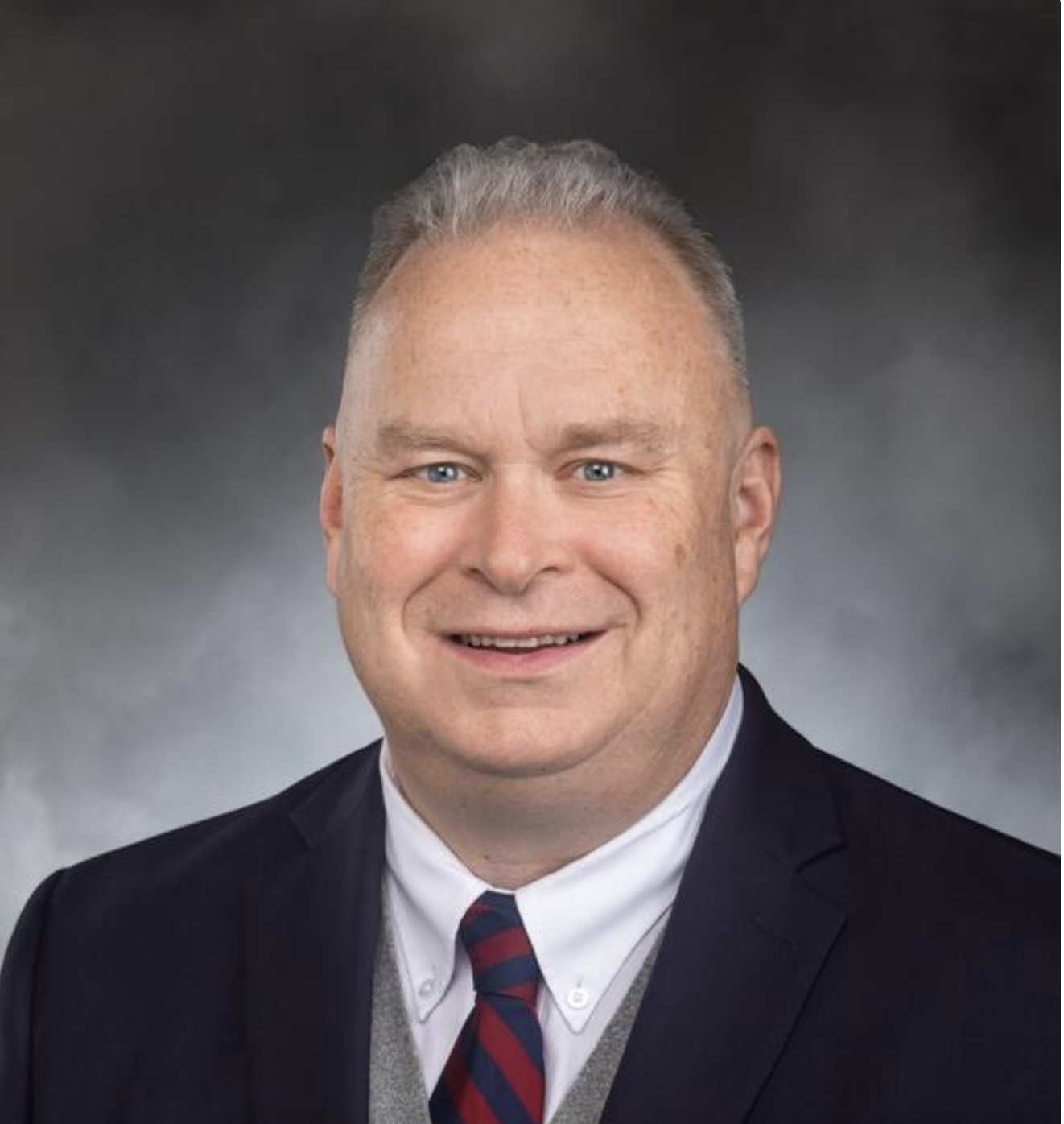PORTLAND, Ore. — The political debate over Antifa reignited this week after President Donald Trump suggested he would support designating the movement as a domestic terrorist organization. The remarks, coupled with endorsements from Republican leaders in Washington state and elsewhere, have once again placed Portland at the center of the national conversation — a city long tied to Antifa’s presence in the United States.
Trump’s Proposal to Designate Antifa
Speaking from the Oval Office on Monday, Trump said he was prepared to act if his administration could marshal the necessary legal support.
“It’s something I would do, yeah,” Trump said. Gesturing to members of his cabinet, including U.S. Attorney General Pam Bondi, he added: “I think it would start with Pam, but I would do that 100%.”
Also Read
The comments followed the recent assassination of conservative activist Charlie Kirk, which Trump and his allies cited as an example of growing political violence.
Antifa’s Origins in Portland
Antifa, short for “anti-fascist,” is not a single organization but a loosely affiliated movement with chapters across the U.S. The Pacific Northwest has been one of its most prominent strongholds.
Rose City Antifa, formed in Portland in 2007, is widely regarded as one of the country’s earliest modern Antifa groups. Over the years, its members have clashed with far-right demonstrators and police during high-profile protests.
The group traces ideological roots back to European anti-fascist movements of the 20th century. Its critics, however, point to frequent confrontations that escalate into violence and property damage, especially in cities like Portland and Seattle.
Seattle’s 2020 CHAZ/CHOP as a Flashpoint
Republican leaders also invoked the 2020 protests in Seattle, when demonstrations following the killing of George Floyd escalated into the takeover of several city blocks.
After clashes outside Seattle’s East Precinct police station — where officers reported being attacked with bricks, bottles, and improvised explosives — police withdrew. Protesters declared the area the Capitol Hill Autonomous Zone (CHAZ), later known as the Capitol Hill Occupied Protest (CHOP).
The occupation lasted weeks and was marked by shootings, property damage, and law enforcement challenges. Ultimately, the city of Seattle paid more than $12 million in settlements, including $500,000 to the family of a teenager killed in a CHOP-related shooting.
For critics like Lara Trump, the president’s daughter-in-law, CHAZ/CHOP remains a cautionary tale. Appearing on Fox News, she argued that Antifa bore responsibility. “Those were all brought to you by Antifa, and the thing I love that the president said is maybe RICO charges are warranted,” she said.
Calls for RICO Investigations
The Racketeer Influenced and Corrupt Organizations Act (RICO), passed in 1970, was designed to target organized crime by prosecuting leaders of criminal enterprises. Applying it to Antifa, some Republicans argue, could reveal who funds or organizes violent demonstrations.
Jim Walsh, chair of the Washington State Republican Party and a state representative, voiced support for the idea. “The president’s idea to use federal RICO law to investigate and possibly prosecute the people and organizations funding these paid agitators is interesting,” Walsh said.
He claimed that many Antifa protesters are “paid agitators,” adding: “It assumes – rightly, in my opinion – that the paid agitators are really just pawns in a larger political strategy to attack our constitutional rights of free speech and peaceable assembly. I think all reasonable people would like to see those rights protected.”
Federal and State-Level Reactions
So far, Democratic leaders have been largely silent on Trump’s proposal. The Center Square reached out to state Democrats for comment but received no response.
Nationally, some Democratic lawmakers have argued that Antifa lacks the formal structure to be designated as a terrorist organization. They note that most Antifa activity is local and spontaneous rather than centrally coordinated.
Meanwhile, Trump allies in Congress are pushing for further investigation. U.S. Rep. Chip Roy, R-Texas, has formally requested the creation of a select congressional committee to investigate the funding of Antifa and similar groups.
“Enough is enough,” Roy said in a Sept. 11 news release. “We must follow the money to identify the perpetrators of the coordinated anti-American assaults being carried out against us and take all steps under the law necessary to stop them.”
Roy said such a committee should have subpoena power and include members with prosecutorial or law enforcement experience.
Portland as a Symbol
Portland has become a national symbol of the tensions surrounding Antifa. In the past decade, the city has hosted some of the most visible clashes between anti-fascist groups and right-wing demonstrators, from Proud Boys rallies to anti-lockdown protests.
While many Portland residents view the movement as a defense against rising far-right extremism, critics argue that Antifa’s tactics cross the line into intimidation and violence, further polarizing the political landscape.
Balancing Rights and Security
The debate over how to address Antifa underscores a broader conflict: how to balance the right to protest with public safety. Supporters of Trump’s approach say labeling Antifa as a terrorist group and pursuing RICO charges would provide law enforcement with stronger tools to crack down on violence.
Opponents counter that such measures risk criminalizing political dissent and infringing on constitutional rights, particularly when Antifa itself is not a unified organization but a diffuse set of activists.
Looking Ahead
With Trump signaling support and Republican leaders echoing calls for federal action, the debate over Antifa is unlikely to fade soon. Portland, where Antifa’s modern U.S. roots run deepest, is again poised to remain a focal point of national attention.
Whether through congressional investigations, legal action under RICO, or political messaging on the campaign trail, Antifa’s role in American politics continues to spark fierce disagreements — with Portland often serving as the stage on which those battles play out.












